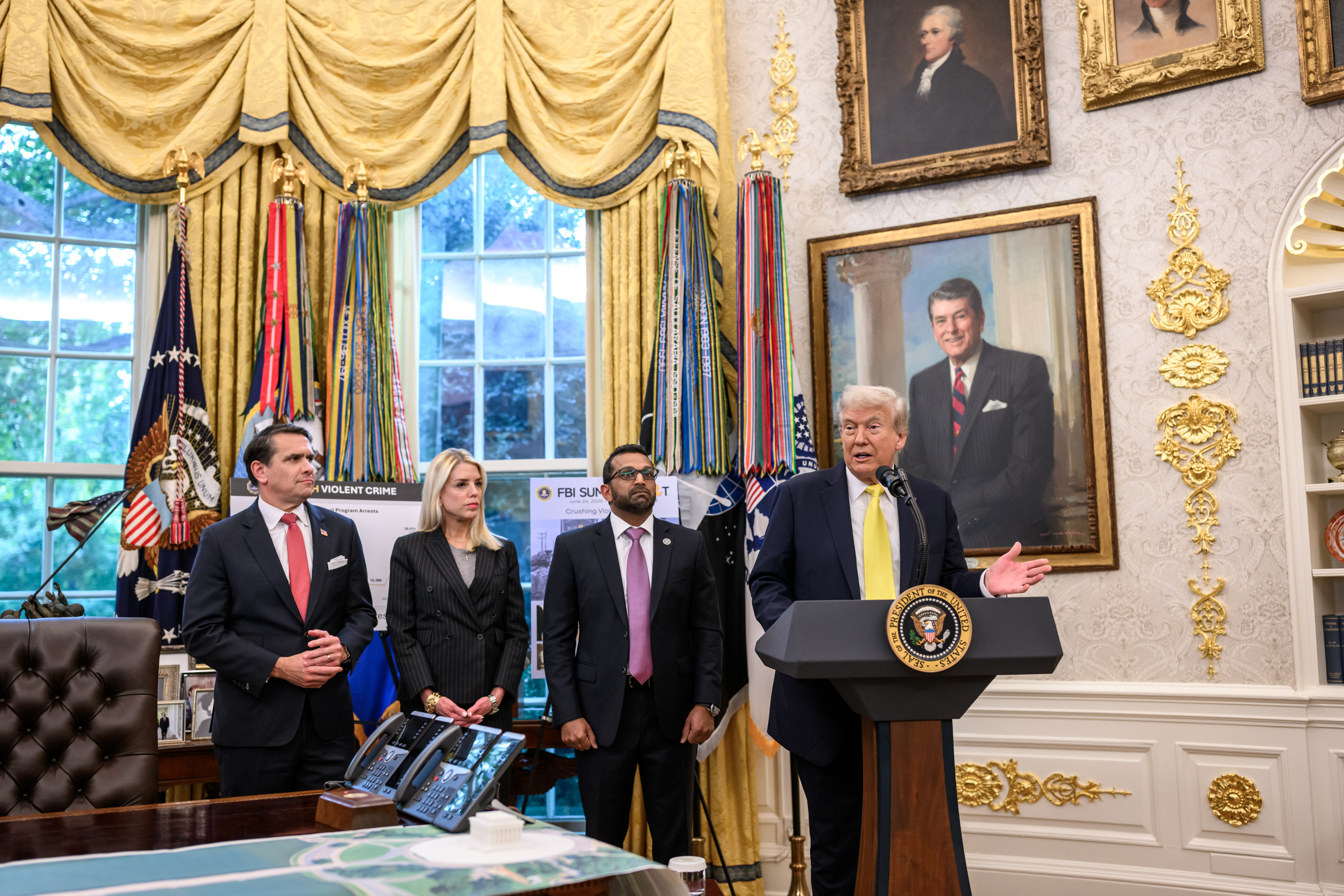Today's Headlines and Commentary
The news of President Obama’s plans to normalize relations with Cuba took firmer shape over the weekend.
The news of President Obama’s plans to normalize relations with Cuba took firmer shape over the weekend. The Wall Street Journal tells us that the president’s plan faces strong opposition in Congress, led by Senator Marco Rubio.
Jeffrey Goldberg at the Atlantic, however, argues that in the long run, President Obama’s plan will be justified as the right choice.
The Washington Post highlights reactions within Cuba, explaining that many within the Cuban government and those in political groups that fought for better relations with the United States think that the president's actions are a mistake.
The AP reports on President Obama’s “bold and risky” foreign policy maneuvers as of late, actions that have belied critics who formerly called him weak on foreign policy matters.
Four Guantanamo detainees were released and sent back to Afghanistan, their home country. The Times tells us that the Pentagon announced the news on Saturday. The transfer of the detainees to Afghanistan is considered a “show of good will” between the U.S. and Afghan governments, and also signals a growing level of American trust of Afghanistan’s relatively stable leadership.
Meanwhile, the Guardian reports that a US drone killed “at least” five Taliban militants in northwestern Pakistan.
In Syria, news spread that an Israeli drone had been “downed.” The International Business Times explains that it was not clear if the drone was shot down or if it crashed.
On Friday, President Obama told the nation that the United States will respond “proportionately” to the cyberattack against Sony, which his administration is crediting to North Korea. Politico wonders what such a response could actually look like:
With conventional options so limited, the preferred option of several former officials and cyber watchers who spoke to POLITICO this week was a brand of psychological warfare aimed at undermining support for the regime in Pyongyang — especially among the Pyongyang-based Communist Party elite, the only segment of the population with access to technology like computers and DVD players. … One psychological-warfare response might be for government hackers at the NSA or elsewhere to break into North Korea’s state-controlled Internet and pepper the nation’s computer users with articles from The New York Times and other websites that the nation’s rigid controls on information and speech don’t allow, suggested Bruce McConnell, former Homeland Security Department cyber counsel.Jack highlighted this piece in the Times on Saturday, about the U.S. government’s response – or lack thereof – to the Sony hack and a call to China for help. As the USG formulates its plans, the North Korean government has offered its assistance to helping figure out what happened. NPR explains that the offer is one that North Korea knows the United States would never seriously consider, which is perhaps why it was coupled with a threat of “serious consequences” in the event that the U.S. should decline. On Friday, the Electronic Frontier Foundation (EFF), after four years of litigation, shifted its strategy in its banner NSA case, Jewel v. NSA. Vice reports that the EFF asked the U.S. District Court for the Northern District of California to consider the argument that that the NSA’s collection of U.S. citizens’ metadata is a violation of the Fourth Amendment. Margaret Sullivan, the Public Editor of the Times, writes a fascinating piece about her news outlet holding back on publishing highly sensitive national security stories, sometimes at the government’s request. The Telegraph reports that the British intelligence agency GCHQ was seriously hindered by the Edward Snowden leaks. Apparently, the agency lost track of “some of the most dangerous crime lords” and had to cease intelligence gathering operations targeting others after the release of the Snowden cache, because the documents revealed information that allowed terrorists and other criminals to better avoid the government. WikiLeaks has published a CIA manual advising undercover agents on travel and how to avoid secondary screenings at airports. Agence France-Press covers the story, and explains that the documents released mainly focus on the EU’s Schengen area, expressing concerns that heightened European security would make things more difficult for CIA agents. In a statement released on the WikiLeaks website, founder Julian Assange justified the release of the documents by arguing that they point to the CIA’s intent on spying in Europe. More news surrounds the CIA Torture report and its aftermath: Former Attorney General Alberto Gonzalez sat with the AP, and explained that it was not the Bush administration’s responsibility to oversee the CIA interrogation program. Any wrongdoing, legal or otherwise, Gonzalez argues, was for the CIA’s lawyers to investigate and report. There’s also been a lot of internet chatter this weekend about “Maya,” the CIA analyst who supposedly hunted down Osama Bin Laden, with whom you might be familiar from the film Zero Dark Thirty. The Telegraph reports that the analyst’s identity and colored history in the CIA is revealed in the Senate Study. She is indeed credited with being a leader in the group that eventually found Bin Laden, but she is also considered one of the main architects of the CIA’s torture program. Steven Watt at Slate draws our attention to a “whole class of victims” that isn’t mentioned in the Senate’s report: prisoners that have been handed over to foreign custody for interrogation. This kind of rendition was not within the purview of the Senate’s report, Watt explains, and so there are hundreds of prisoners who may be being knowingly tortured that we still know very little about. Brian Knappenberger at the Times interviews Major Jason Wright, who previously served as military counsel for Khalid Shaikh Mohammed at Guantanamo, about U.S. interrogation practices. The Times Editorial Board makes a case for prosecuting the main architects of the CIA’s torture program, starting with Vice President Dick Cheney and former CIA director George Tenet.
ICYMI: This Weekend, on Lawfare
Ben posted from Jerusalem, with his thoughts on traditional notions of state power and sovereignty. Our newest podcast is up, featuring an address by Under Secretary of State for Arms Control and International Security Rose Gottemoeller. Email the Roundup Team noteworthy law and security-related articles to include, and follow us onTwitter and Facebook for additional commentary on these issues. Sign up to receive Lawfare in your inbox. Visit our Events Calendar to learn about upcoming national security events, and check out relevant job openings on our Job Board.
Clara Spera is a 3L at Harvard Law School. She previously worked as a national security research intern at the Brookings Institution. She graduated with an M.Phil from the University of Cambridge in 2014, and with a B.A. from the University of Chicago in 2012.





